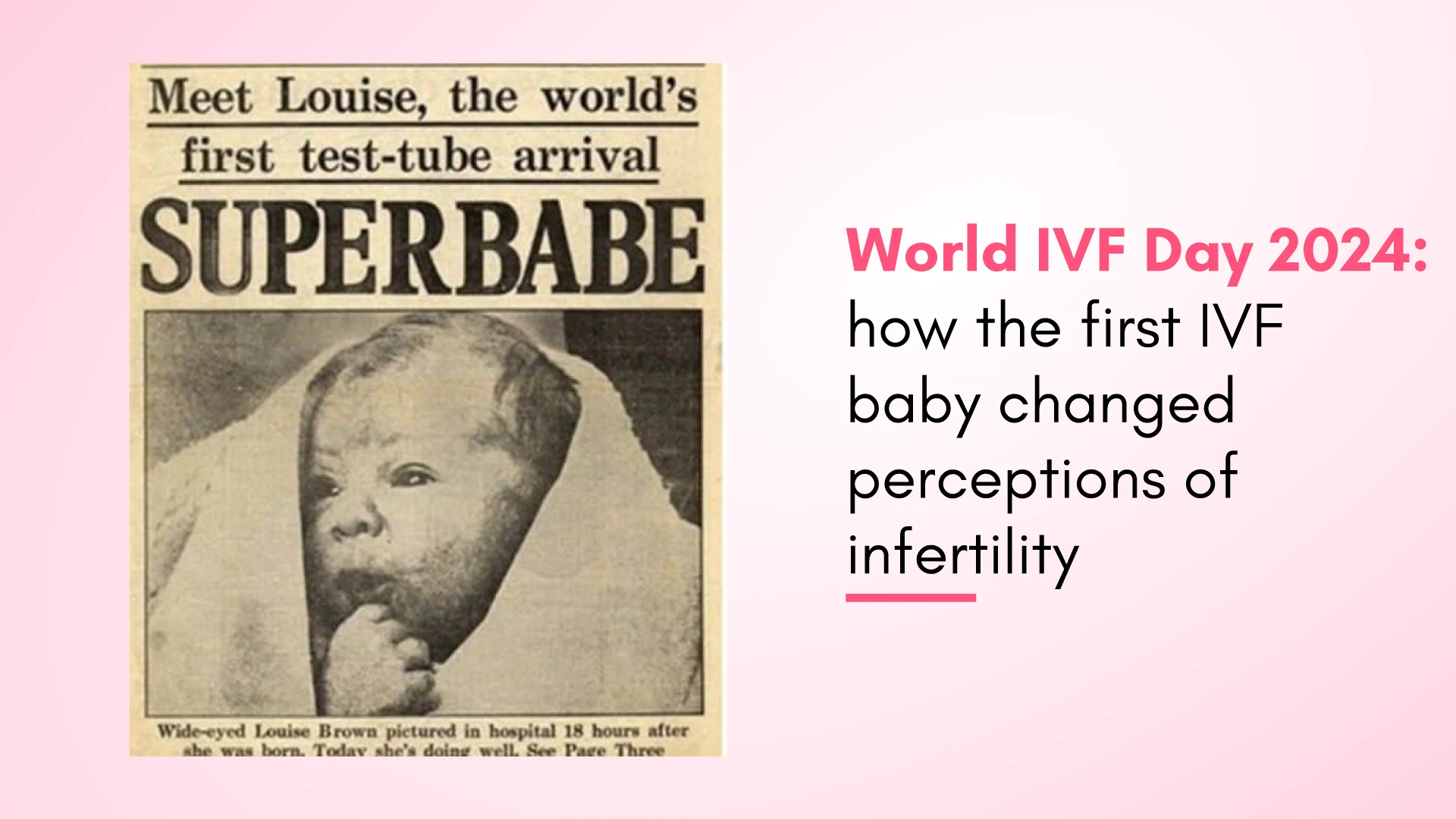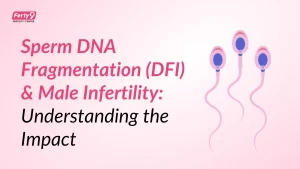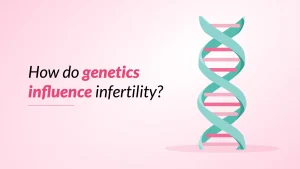World IVF Day on July 25th celebrates the monumental achievements in fertility treatments, marking the birth of the first IVF baby. This breakthrough has transformed perceptions and approaches to infertility, offering hope and solutions to countless couples worldwide. Let’s explore the impact of this development and how it has evolved over the years.
Understanding Infertility
Infertility refers to the inability of a couple to conceive after regular unprotected intercourse for at least a year for women under 35 and 6 months for women above 35 years. It can be attributed to various factors, including issues with ovulation, low sperm count, or anatomical abnormalities in either partner. It’s important to note that infertility often results from a combination of these factors rather than a single cause.
Initially, treatments were limited, but modern science and technology have introduced a wide range of options tailored to individual needs. On World IVF Day, we highlight these advancements to empower individuals and couples seeking to build their families.
Related Read: How to increase sperm count and motility
Development of IVF technology
The history of IVF is a story of perseverance, scientific discovery, and a profound impact on countless lives. After decades of trials, IVF technology finally succeeded on July 25th, 1978, offering a solution for infertility.
IVF research began in the 1950s with successful experiments on animals, notably rabbits, by Dr. Min Chueh Chang. By the 1970s, scientists progressed to human trials, initially facing challenges such as ectopic pregnancies. Despite these early setbacks, rigorous research and advancements in medical techniques culminated in the historic birth of the first human IVF baby.
Related Read: The Role Of Fertility Centers In Modern Reproductive Medicine
The Birth of the First IVF Babies
In November 1977, Lesley and Peter Brown, the parents of the first test tube baby, decided to undergo an ‘experimental’ procedure called IVF that appeared hopeful for infertile couples. The team led by Drs. Robert Edwards and Patrick Steptoe treated the parents, and their efforts culminated in a historic breakthrough. The birth of Louise Brown in 1978 marked a revolutionary milestone in medical science as the first successful IVF procedure resulted in a live birth after numerous failed and non-viable pregnancies. This momentous event led to the establishment of July 25th as World IVF Day.
Changing Perceptions of Infertility
Medical advancement and cutting-edge technology have not only ensured successful pregnancies, giving a new ray of hope to expecting couples, but it has also led to a profound change in the perceptions of infertility.
In the past, infertility was often considered a sensitive topic and not openly discussed due to societal norms and the importance placed on parenthood. However, with advancements like IVF proving effective, perceptions have begun to evolve. Couples are increasingly considering and accepting assisted reproductive methods as viable options to fulfill their desire for children.
The birth of the first IVF baby was pivotal in changing these attitudes. It encouraged couples to openly discuss their reproductive challenges with healthcare providers and seek appropriate medical guidance.
World IVF Day serves as an annual reminder to raise awareness about infertility and promote the use of medical technologies to aid those affected.
Advancements in Reproductive Medicine
Medical interventions have almost solved the issue of infertility through various treatments. Here are some of the advancements in medical science that have led to successful pregnancies:
- IUI: IUI involves placing sperm directly into a woman’s uterus around the time of ovulation. It is often used in cases of unexplained infertility, mild male factor infertility, or cervical issues that may hinder natural conception.
- IVF: IVF is a procedure where eggs are retrieved from the woman’s ovaries and fertilized with sperm in a laboratory dish. The resulting embryos are then transferred into the woman’s uterus. IVF is beneficial for various fertility issues, including blocked fallopian tubes, advanced maternal age, or severe male factor infertility.
- ICSI: ICSI involves injecting a single sperm directly into an egg to facilitate fertilization. This technique is particularly useful when there are issues with sperm quality, such as low sperm count or poor motility.
- PICSI: PICSI uses a specialized dish coated with hyaluronan to select sperm cells that have optimal characteristics for fertilization. This method enhances the chances of successful embryo development and implantation.
- Genetic program: Genetic screening allows for the assessment of embryos before implantation to detect genetic abnormalities that could lead to inherited disorders. Counseling helps couples understand their genetic risks and make informed decisions about their fertility treatment.
- Fertilization preservation: Eggs and sperm can be frozen and stored for future use through cryopreservation. This method is beneficial for individuals undergoing medical treatments that may affect fertility, such as chemotherapy, or for those planning to delay childbearing.
- Blastocyst culture: Blastocyst culture involves growing embryos in a laboratory for several days until they reach a more advanced stage of development called the blastocyst stage. This technique allows for a better selection of embryos with higher chances of successful implantation and pregnancy.
Related Read: What To Expect in an Infertility Counselling Session
Importance Of Raising Awareness About Infertility
This World IVF Day, our goal is to bust myths about infertility and encourage couples to seek medical help when required. While some couples hesitate to discuss their fertility challenges, others may feel uncertain about the costs, success rates, and potential drawbacks of treatments like IVF. Cognizant of the fact that efforts to de-stigmatize infertility must begin at the grassroots of society, We at Ferty9 are driving a wide-scale awareness campaign “#TogetherInIVF” in AP and Telangana states to combat the ignorance and strengthen acceptance of IVF procedures. The objective of the campaign is to strengthen awareness among families and society at large while empowering couples to make informed decisions related to fertility treatment.
It’s natural for couples to have concerns and questions. We’re here to address them and provide clarity. By debunking misconceptions about assisted reproduction and IVF, we hope to empower couples to make informed choices and pursue the path to parenthood with confidence.
Related Read: IVF cost – Myths and facts, inclusions, Ferty9’s promise of affordability
Conclusion
Since the birth of the first IVF baby in the world, IVF has transformed countless lives by enabling successful pregnancies where natural conception was challenging. If you or your partner are facing fertility issues, consider seeking medical assistance to explore the potential benefits of IVF.
IVF has proven to be a promising solution for couples struggling to conceive due to various reasons. Take this opportunity to consult with a healthcare provider and discover how IVF could be the pathway to achieving your dream of parenthood.




























